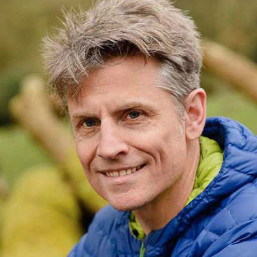Calls for one of the world’s largest ‘no-take zones’ to be created around the South Sandwich Islands – one of 14 of the UK’s Overseas Territories (OTs) – have gained significant impetus following the conclusion of Blue Planet II at the end of last year.
A coalition of conservation and environmental groups, under the banner of the Great British Oceans (GBO), says the legacy of the BBC series could be even greater than that.
It is pressing the British Government to protect some 4m km2 of ocean – an area larger than all of India – in territories including Ascension Island, St Helena and Tristan da Cunha, all in the South Atlantic.
But the South Sandwich Islands are regarded as the jewel in the crown because they are still a near-pristine environment, according to Simon Reddy of the Pew Bertarelli Ocean Legacy, one of the GBO coalition partners.
“They are so remote and inhospitable, no one ever goes there,” he says. “One island alone is home to half the world’s chinstrap penguins, and the South Sandwich Islands and South Georgia together hold a quarter of all the world’s penguins.”
259 MPs have backed its calls for this to be declared a fully protected marine reserve with all commercial activity such as fishing and fossil fuel extraction prohibited. As envisaged, the reserve would cover 0.5m km2, an area twice the size of the UK.
The islands (together with South Georgia) were declared a Marine Protected Area in 2012, with sustainable fishing permitted, but GBO wants the Government to go further.
The campaign was launched using #BackTheBlueBelt, and according to GBO, someone was tweeting about it every 1.8 seconds during the last episode of Blue Planet II.
“We are leveraging Blue Planet to see this once-in-a-generation opportunity realised by making the biggest public noise possible, one our MPs can’t ignore,” GBO says.
Main image: The South Sandwich Islands are a nearly pristine marine environment - one island alone has half of all chinstrap penguins. © Wolfgang Kaehler/Getty

